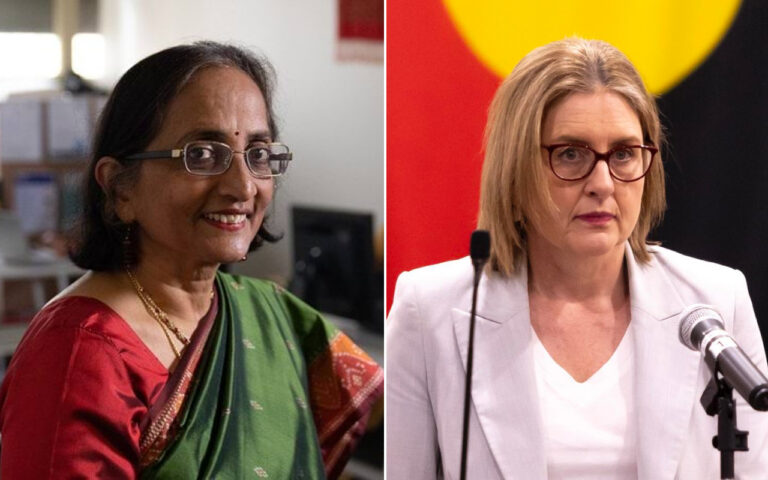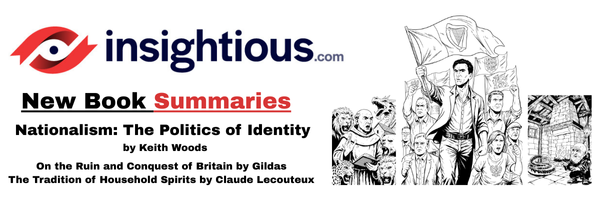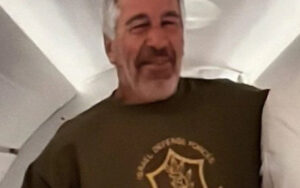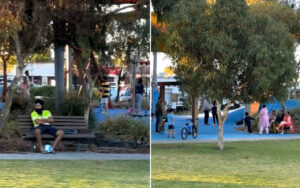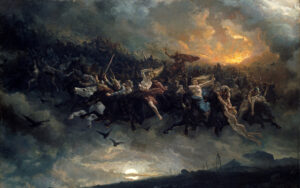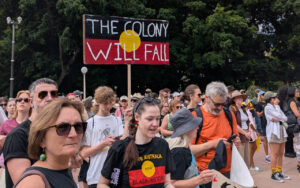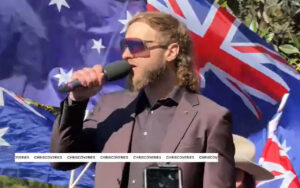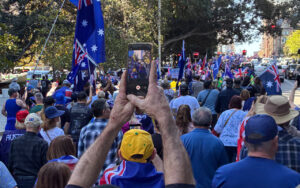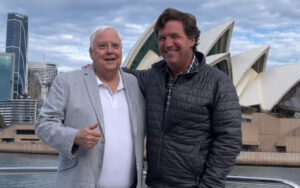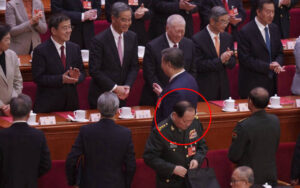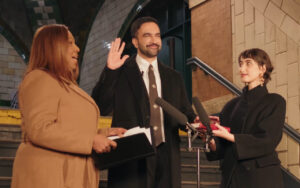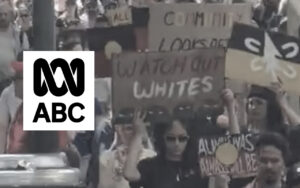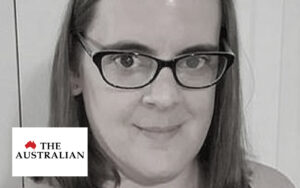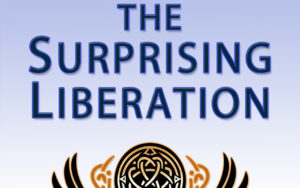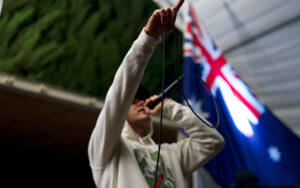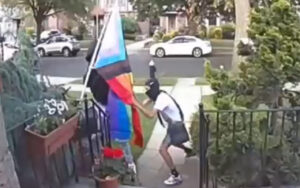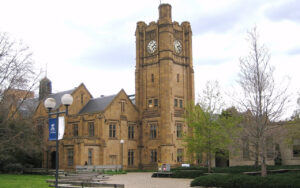Victoria’s controversial treaty with aboriginal people is backed by seven in 10 people from “post-colonial multicultural communities”, but is supported by just 37% of all voters.
According to polling by QDOS Research conducted for the Asylum Seeker Resource Centre (ASRC) earlier this month, 69% of people from “multicultural communities from post-colonial nations, such as India” back the treaty, and just 11% oppose it.
The survey also found that 45% were concerned the Victorian Liberals, who have vowed to scrap the agreement if elected next year, “are stoking fear about treaty similarly to the way Trump and his allies stoke fear about migrants and multiculturalism”.
A second survey released this week, conducted by Fox & Hedgehog for the Institute of Public Affairs (IPA), found that just 37% of all Victorian voters supported the treaty, with 42% opposed and 21% unsure. When forced to choose, 52% said they opposed the agreement and 48% said they would support it.
The ASRC, which signed a statement along with 45 multicultural community and activist groups, including pro-refugee, Indian, Muslim, African and Jewish organisations, said the results showed that immigrant groups were “in solidarity” with aboriginals, and “walk alongside them as allies”.
“Any attack on treaty is an attack on every culturally diverse community in Victoria, and an attempt to tear at the great multicultural fabric of this state,” said CEO Kon Karapanagiotidis.
Jaya Manchikanti, the President of IndianCare, an organisation which signed the statement, said Indians had diverse views but overall their opinions were influenced by their experiences with British colonialism.
“I can’t speak for all of us. But Indians know what it means to strive for self-determination, having gone through a colonisation process and fighting it,” Ms Manchikanti told The Australian.
“We understand that. It’s inherent in us. It’s in our blood. We understand the importance of self-determination.”
Margaret Chambers, Research Fellow at the IPA said her organisation’s polling showed Victorians “believe in equality and do not want their state to be permanently divided by race”.
“Victorians simply do not want their community to be divided where some have extra votes and special privileges because of their race. Victorians have spoken, and they reject the attempt by the state government to create a race-based chamber of parliament,” Ms Chambers said.
The treaty, which was introduced to parliament by Premier Jacinta Allan in September, will establish a new indigenous parliamentary body called Gellung Warl that will replace the current First Peoples Assembly and advise the Victorian government on policy and programs that affect aboriginals.
As part of the treaty, Victorian children as young as four will be taught a version of history written by far-left anti-Australian indigenous activists, landmarkswill be renamed and public sector employees will be given “cultural retraining”.
So far the treaty has cost taxpayers $380 million, and is projected to cost another $206 million by 2029.
The First Peoples Assembly was given state funding of $82 million in 2023-24 and this year came under fire for encouraging the public to participate in anti-Australia Day protests and advocating for a change to the date of the national holiday.
Header image: Left, Jaya Manchikanti (Victorian government). Right, Jacinta Allan (Facebook).
